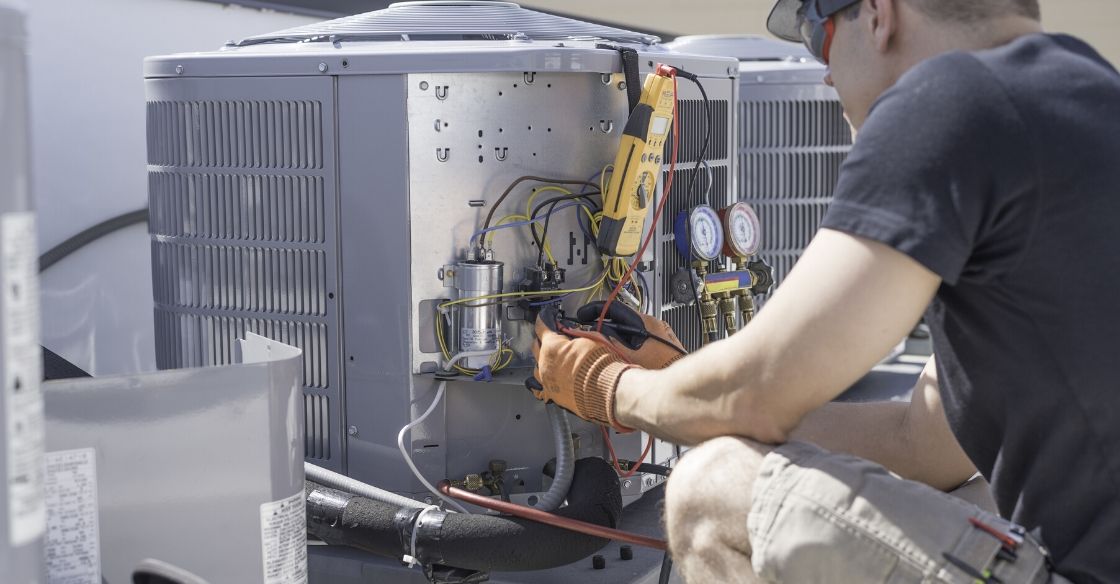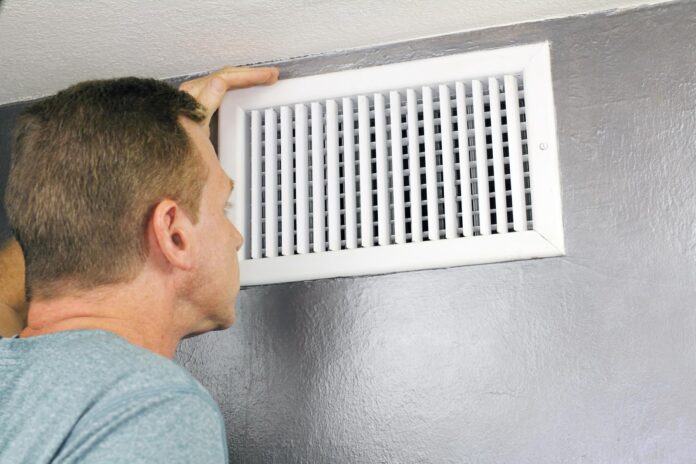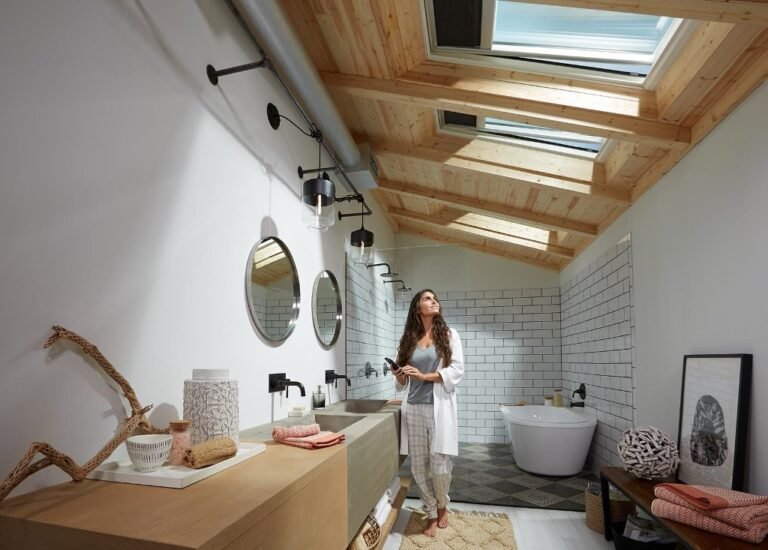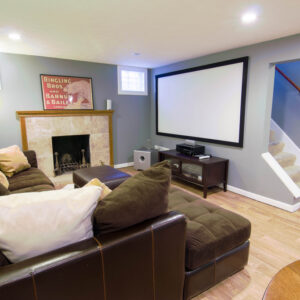Are you interested in learning more about your HVAC system and how to properly take care of it? Maybe you’re renting a property for the first time. Perhaps you’ve just become a new homeowner and want to learn more.
Either way, HVAC maintenance is crucial to the well-being of your home. It ensures that you can control the climate as you see fit, thanks to a fully-functional HVAC unit.
Of course, it all starts by learning more about how to take care of it. Here are several tips on HVAC for beginners and why it’s important to prioritize this in your life.
1. Switch Out Your Filters Often
One of the most overlooked pieces of maintenance in the entire modern-day home is the need to switch out air filters in your HVAC system. It falls under the umbrella of “out of sight, out of mind” maintenance.
However, not remembering to switch them out often enough can lead to some detrimental issues.

The air filter is in charge of ensuring that no dirt or debris is pushed through the vents in your home. This way, you have clean air in each room, regardless of whether you’re using the heater or the air conditioner.
However, that filter gets dirty rather quickly. The dirtier it gets, the harder it is to push air through to the system. That means your heater and air conditioner are having to work twice as hard to change the climate in your home.
Over time, this can lead to the AC unit overheating, as well as the entire HVAC unit needing to be replaced. Be sure to maintain your system and frequently change out the air filters.
2. Schedule Frequent Appointments
Just because you don’t have any experience or knowledge of HVAC systems doesn’t mean your unit is in danger of frying out on you.
You have enough to worry about in your life as-is. Why not leave the maintenance of your HVAC system to a professional service. They’ll have the experience and know-how that you need to keep the unit running for as long as possible.
Better yet, they can take the time to walk you through any issues you’re having and describe what’s causing that dilemma. Then they can offer you a few solutions for how to fix it properly if it were to happen again.
Make sure to schedule frequent HVAC appointments so that the repair service can keep a consistent eye on it. If there are any signs of an upcoming problem, they can fix it before it starts.
3. Adjust Your Thermostat Often
Too many people set their thermostat to a certain temperature and never touch it again. By doing so, you’re setting yourself up for failure on your next energy bill.
The further away your home’s temperature is from the temperature outside, the more energy your HVAC system will require to meet it.
For example, if the temperature is 80 degrees outside, then try setting your thermometer around 72 or 73 degrees. Even one degree smaller can mean a big difference.

This will also help with extending the life of your HVAC system. The less energy that your system needs, the less work it has to do to keep the climate at your preferred temperature, thus the less wear and tear it will go through during its life.
4. Prevent Outside Elements
While you might not think it, there are several ways that the temperature in your home can seep outside and outdoor temperatures can crawl inside.
One of the biggest ways is through the cracks of your home. This might be cracks under your front door, in your windows, in the walls, etc. As a result, you’ll notice a shockingly-high price on your next energy bill if it isn’t fixed.
You might also consider the amount of natural lighting that you’re letting into your home each day. While it has several health benefits, it can also turn your rooms into a human oven, thus causing your air-conditioner to do more work.
You can purchase curtains to help control the lighting or invest in a different window treatment to help block the harmful UV rays from stepping inside.
Lastly, it might be advantageous to place more insulation in your home. This will help you moderate your indoor temperature and require the HVAC system to do less work as a result.
5. Learn About the Different Parts of Your System
When it comes to proper HVAC maintenance, knowledge is power. It allows you to better understand the system and will give you room to troubleshoot the problem on your own.
That all starts by learning as much as you can about the system that you have at home. Start by learning all the necessary parts of an HVAC unit and how they coalesce with each other.
For starters, research the duties of a heat pump, thermostat, condensing unit, sensor, heat exchanger, furnace, refrigerant tub, and evaporator coil.
Does this mean you’ll automatically be able to perform DIY HVAC repairs? Of course not. But it will teach you the HVAC basics and HVAC fundamentals you need to better understand how an HVAC unit works.
HVAC for Beginners: Learn All That You Can
Now that you’ve seen many different tips and tricks on HVAC for beginners, you must take the time to learn as much as you can.

Start with scheduling an appointment with an HVAC specialist to ensure your unit checks out okay.
Be sure to browse our website for more articles on HVAC maintenance, as well as many other helpful topics.




